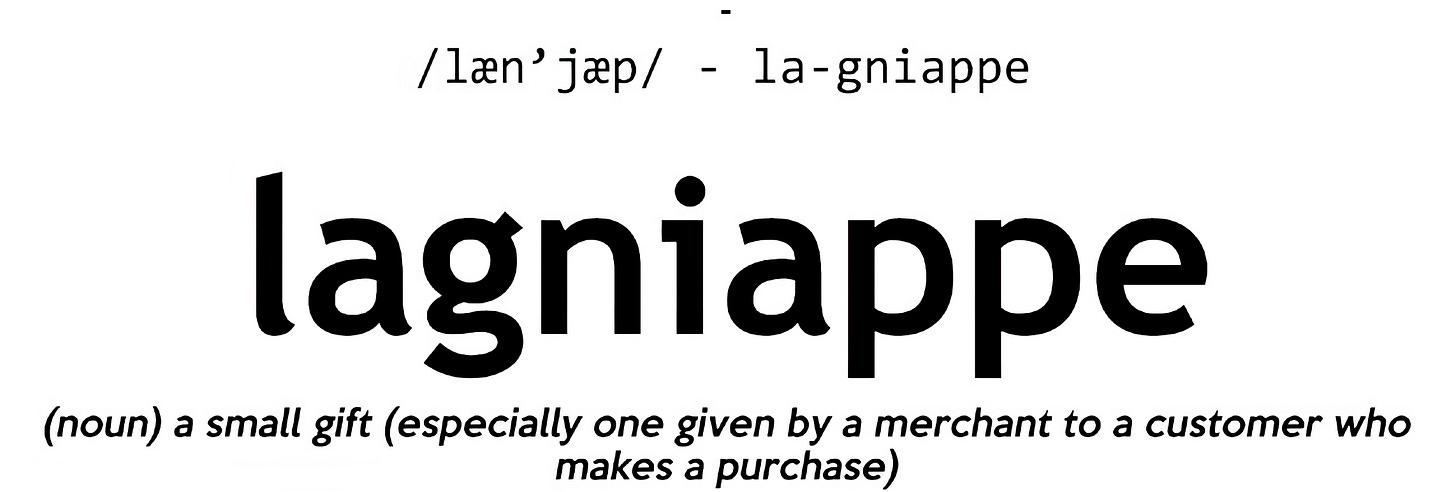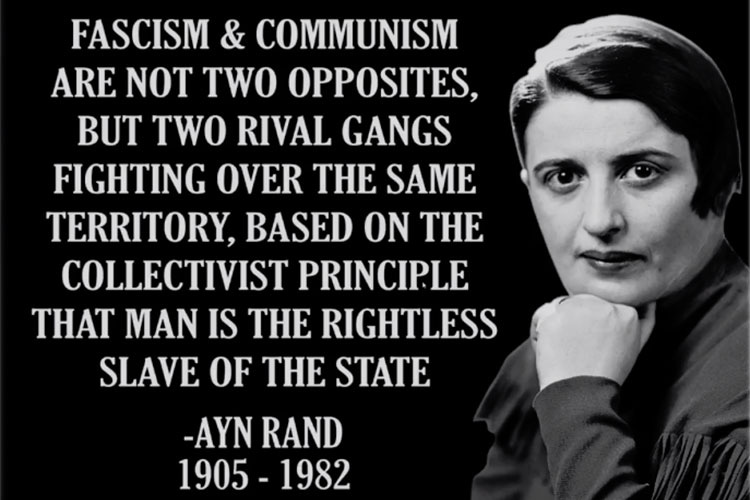Martyr or Instigator? The Explosive Death of Hassan Nasrallah Shakes the Middle East
As a direct descendant of Muhammad, Nasrallah's death could herald unprecedented turmoil. Global tensions escalate as both sides prepare for the fallout.
“Is The Mahdi Coming?” - Original artwork by Sam Kephart using NightCafe studio prompts.
In the past year, the Middle East has witnessed the deaths of numerous influential figures, but none as consequential as Hassan Nasrallah's… the Secretary-General of Hezbollah.
More than a mere militant leader, Nasrallah was regarded as a direct descendant of the Prophet Muhammad, an honor that carries profound significance in Shia Islam. His demise in an Israeli airstrike is not just a tactical victory; it's a seismic event with far-reaching repercussions.
A Legacy Tied to the Prophet
Nasrallah's lineage linked him to Husayn ibn Ali, the Prophet Muhammad's grandson.
This connection conferred upon him the honorific title “al-Sayyid,” elevating his status among Shia Muslims. To many, Nasrallah was a beacon of their faith, a living testament to their revered religious history. To kill Nasrallah is to affront the Prophet's family, a sacrilege that demands retribution.
The Immediate Aftermath
Following the strike that obliterated Hezbollah's central headquarters—buried under six apartment buildings and requiring over 80 one-ton bombs—the world was thrust into uncertainty.
Western observers might wrongly dismiss Nasrallah's death as just another terrorist eradicated, but for Shia radicals and a multitude of supporters, vengeance is not optional but a divine obligation.
Almost immediately, Hezbollah retaliated with a barrage of rocket attacks, marking the broadest rocket alerts Israel has seen since the conflict began. The Israeli Defense Forces (IDF) launched counterstrikes, assassinating another high-ranking Hezbollah official, Nabil Kaouk. Simultaneously, Israel expanded its operations, targeting allied Houthi militants in Yemen.
Global Reverberations
The shockwaves of Nasrallah's death reverberate well beyond the Middle East.
Thousands of Iraqi protesters besieged the U.S. embassy in Baghdad, and riots erupted in Pakistan's largest city, Karachi.
Iran, Hezbollah’s staunchest ally, declared five days of mourning, with Supreme Leader Ayatollah Ali Khamenei vowing that Nasrallah's death "will not go unavenged."
President Joe Biden termed Nasrallah's death "justice" for the numerous American lives lost to Hezbollah's decades-long campaign of terror. His statement, however, alienated many American Shia Muslims, crucial voters in swing states like Michigan, Wisconsin, and Pennsylvania.
Escalating Conflict
With rhetoric heating and military actions intensifying, the region teeters on the brink of all-out war. The U.S. State Department has already ordered the evacuation of diplomatic families from Beirut, signaling the seriousness of the situation. Both Hezbollah and Israeli forces are preparing for what could be a protracted, bloody conflict.
The Bigger Picture
This conflict isn't just a local or regional issue; it's a potential catalyst for a broader Middle Eastern war involving multiple state actors, including Iran and possibly the United States.
The stakes are perilously high. When parties are willing to go to any lengths to secure victory, the risk of a catastrophic spiral into unrestrained warfare becomes ominously real.
Summary
As the Middle East braces for the fallout from Hassan Nasrallah's death, the world watches with bated breath.
This is not merely the elimination of a terrorist leader; it's a moment that could reshape global geopolitics. We’re standing at the precipice of an unknown future, one where the demise of a man tied to antiquity could define conflicts yet to come.
The implications of Nasrallah’s death will likely reverberate for years, with potentially widespread and devastating consequences. Now, more than ever, our global leadership must navigate these tumultuous waters with caution and foresight; I’m NOT an optimist. We have Luciferian controlled shit-asses in power in many key places here in the US and around the world.








